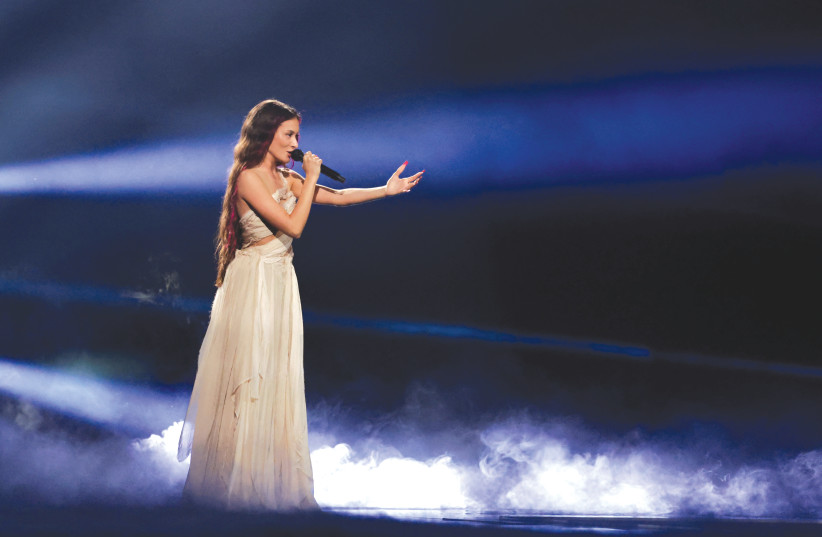The Swedish city of Malmö, which hosted the 2024 Eurovision Song Contest, announced that it does not intend to host the contest again in the case that Sweden wins in the future. This statement came amid stormy demonstrations against Israel, heavy security, and a host of other events that clouded the singing competition.
“We can’t say we had a good year, but not a bad one either. It was a year with enough intensity that it cost us dearly to be able to ensure the safety of the participants as well as the visitors! If Sweden wins next year and offers us to host the competition, we will definitely refuse! We don’t have the strength and stamina to host the competition again!” The statement was announced on the "Eurovision fun" fan page.
A poll conducted last week by the Swedish broadcasting corporation SVT News revealed that only a quarter of Malmö residents said they managed to maintain their routine during Eurovision week. 47% said that they avoided gatherings, and 42% avoided events related to Eurovision.
Yesterday, the band Gåte, who represented Norway in Eurovision and came in 25th place, revealed that they considered withdrawing from the competition right up to the last second due to Israel's participation. In a conversation with the Norwegian newspaper Aftenposten, the guitarist of the band Gåte, Magnus Børmark, said that Israel's participation against the backdrop of the war in Gaza made it difficult for the contestants to focus solely on music.
"The idea of quitting was on the table until the last second," he said. "In the end, we had productive talks with the EBU (European Broadcasting Union). Things were good enough for us to continue."

Performer believed that artists 'forced' to play political role
According to Børmark, the tense atmosphere forced artists to play a political role and placed a heavy burden on everyone's shoulders. Large demonstrations across the city called on the EBU to ban Israel from participating in the event. The EBU consistently responded that the song contest is a non-political event and that it is a competition between broadcasters and not governments.
"It seems as if there is one set of laws for Israel and another for the rest," Børmark said. "There is something wrong when you experience this. The artists should not have a crisis meeting with the EBU," he says. The guitarist also criticized Israel's security arrangements, saying they don't always seem peaceful.
This year, Switzerland's non-binary singer Nemo won Eurovision with the song "The Code," after many of the judges from around the world awarded Switzerland 12 points, with Israel almost completely ignored due to the political climate, anti-Israeli and pro-Palestinian demonstrations in Malmö.
